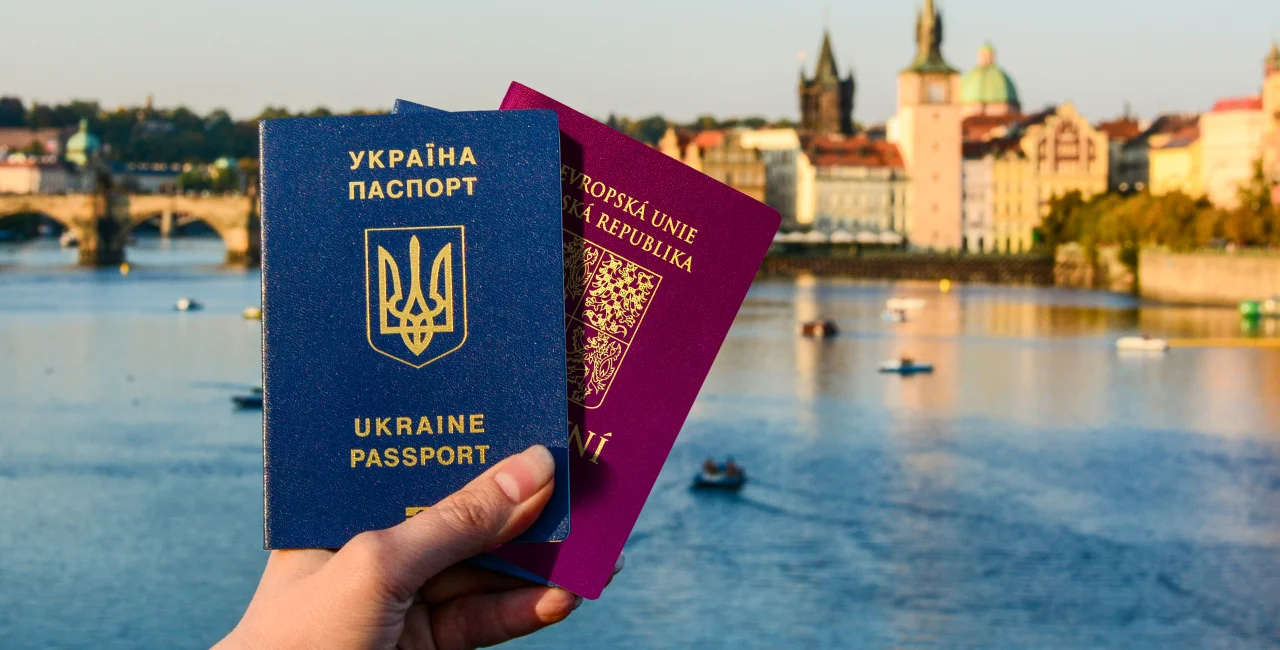Czechia will be among the first countries affected by Ukraine’s new law allowing multiple citizenships, Ukrainian President Volodymyr Zelenskyy announced Tuesday, underscoring the country’s importance as a destination for Ukrainians abroad.
Speaking at a meeting with the World Congress of Ukrainians, Zelenskyy said the initial rollout will cover Czechia, Poland, Germany, the U.S., and Canada. “The law has been adopted and the government will soon issue the necessary regulations,” he said in a post on X.
PARTNER ARTICLE
Zelenskyy signed the multiple citizenship law in mid-July after parliament approved it in June. The legislation ends Ukraine’s long-standing ban on dual nationality, which previously required citizens to renounce foreign passports. Under the new framework, Ukrainians may hold citizenship of selected “friendly” states without losing their Ukrainian status.
Czechia is home to one of the largest Ukrainian communities in Europe. More than half a million Ukrainian refugees live in the country, according to Czech government data, and since Russia’s full-scale 2022 invasion, there are over 366,000 temporary protection holders or refugees. The vast majority live in Prague.
Many are expected to benefit from the reform, which allows Ukrainians to retain ties with their homeland while integrating abroad.
The government will determine which countries qualify, taking into account security considerations and the size of the diaspora. Foreign nationals applying for Ukrainian citizenship will be allowed to keep their original nationality but must pass Ukrainian language, history, and constitution exams.
Analysts say the policy aims to maintain connections with an estimated 25 million Ukrainians living abroad and address demographic challenges at home. Ukraine’s population has fallen from around 52 million in 1991 to about 32 million today, a decline accelerated by war and emigration.
Zelenskyy emphasized that agreements will first be concluded with states hosting large Ukrainian communities and key partners, placing Czechia at the forefront of the historic policy shift. The news is especially pertinent: new Polish President Karel Nawrocki this week vetoed laws that had been intended to aid Ukraine and its citizens.













 Reading time: 2 minutes
Reading time: 2 minutes 



























